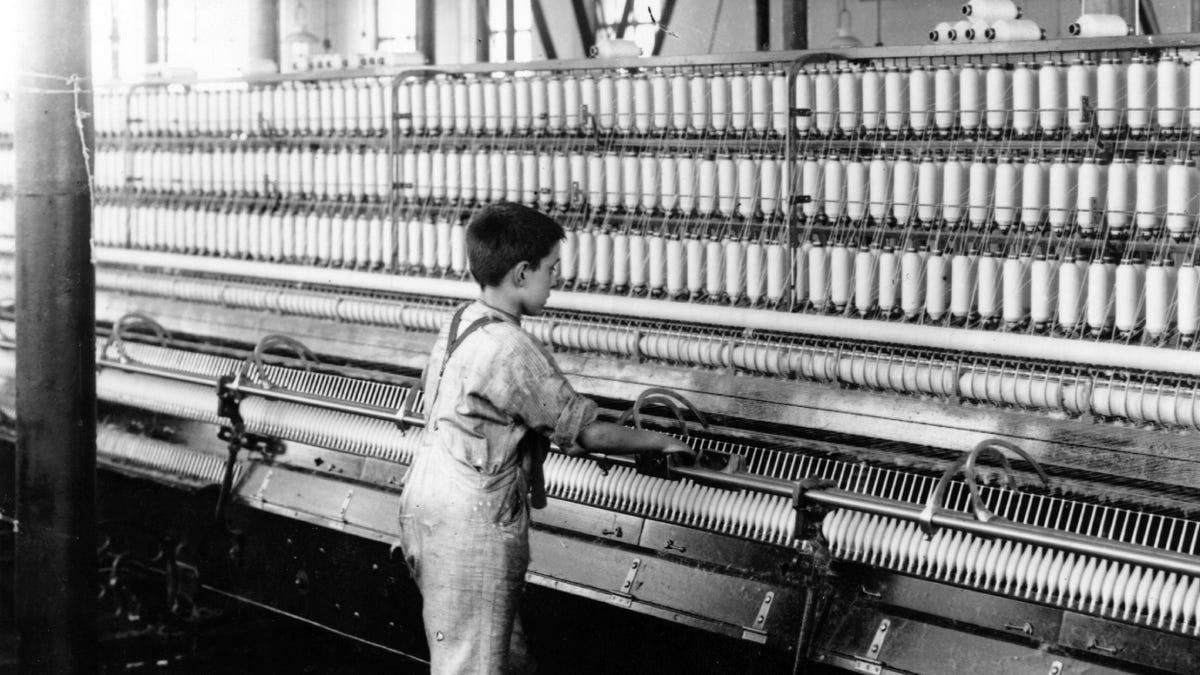The Legacy of the Mechanical Turk in Modern Automation
Amazon has recently made headlines by discontinuing its “Just Walk Out” technology in its grocery stores. This move has shed light on a common occurrence in the world of automation – the presence of human workers behind the scenes. This phenomenon, known as “The Mechanical Turk,” dates back to the 18th century and continues to influence modern automation practices.
The Original Mechanical Turk Hoax
The term “The Mechanical Turk” originated from a fraudulent chess-playing machine created in 1770. This machine was presented as an automated device capable of competing against human players in chess matches. For decades, the machine dazzled audiences worldwide as the first of its kind. However, it was eventually revealed as an elaborate deception, with a skilled chess player concealed inside the machine.
The Resurgence of the Mechanical Turk
In the early 1800s in England, a similar concept emerged in a different context. Clothing manufacturers introduced “automated” machines to replace skilled craftsmen. These machines, while not requiring expert labor, still relied on young children, often orphans, to operate them. This deceptive automation resulted in cheaper products and displaced skilled workers, who were labeled as “Luddites.”
Today, the spirit of the Mechanical Turk lives on in the realm of artificial intelligence and automation. While there are remarkable advancements in AI technology, there is also an alarming trend of companies resorting to pseudo-automation. Many tech organizations rush to implement AI solutions without proper development, relying on human intervention to sustain their facade of automation.
Modern Examples of the Mechanical Turk Phenomenon
1. Social Media Content Moderation – Despite claims of automated content moderation, many social media platforms heavily rely on human moderators to review and filter user-generated content.
2. Virtual Assistants – Voice-activated virtual assistants often involve human operators listening to and transcribing user queries for improved accuracy.
3. Autonomous Vehicles – While autonomous vehicles promise self-driving capabilities, human drivers are often required to intervene in complex or ambiguous situations.
4. Online Customer Support – Chatbots and AI-driven customer support services frequently involve human agents stepping in to handle customer inquiries that exceed automated capabilities.
5. Transcription Services – Automated transcription tools frequently require human oversight for accurate transcription of complex audio recordings.
6. Algorithmic Trading – Financial firms utilize algorithmic trading strategies, but human traders continue to monitor and adjust algorithms based on market conditions.
7. Email Filtering – Email spam filters are supported by human intervention to identify and adapt to emerging spam tactics.
8. Language Translation – AI-driven language translation tools often rely on human translators for nuanced or context-specific translations.
9. Image Recognition – Image recognition algorithms may require human validation to ensure accurate identification of objects and patterns.
10. Content Generation – Automated content generation tools sometimes lack the creativity and coherence of human-authored content, prompting human editors to refine the output.
In conclusion, the legacy of the Mechanical Turk continues to influence the landscape of automation. As technology advances, it is essential to critically evaluate the role of human intervention in purportedly automated systems. Acknowledging the presence of hidden labor behind automated facades is crucial for promoting transparency and ethical practices in the era of artificial intelligence.
Image/Photo credit: source url





